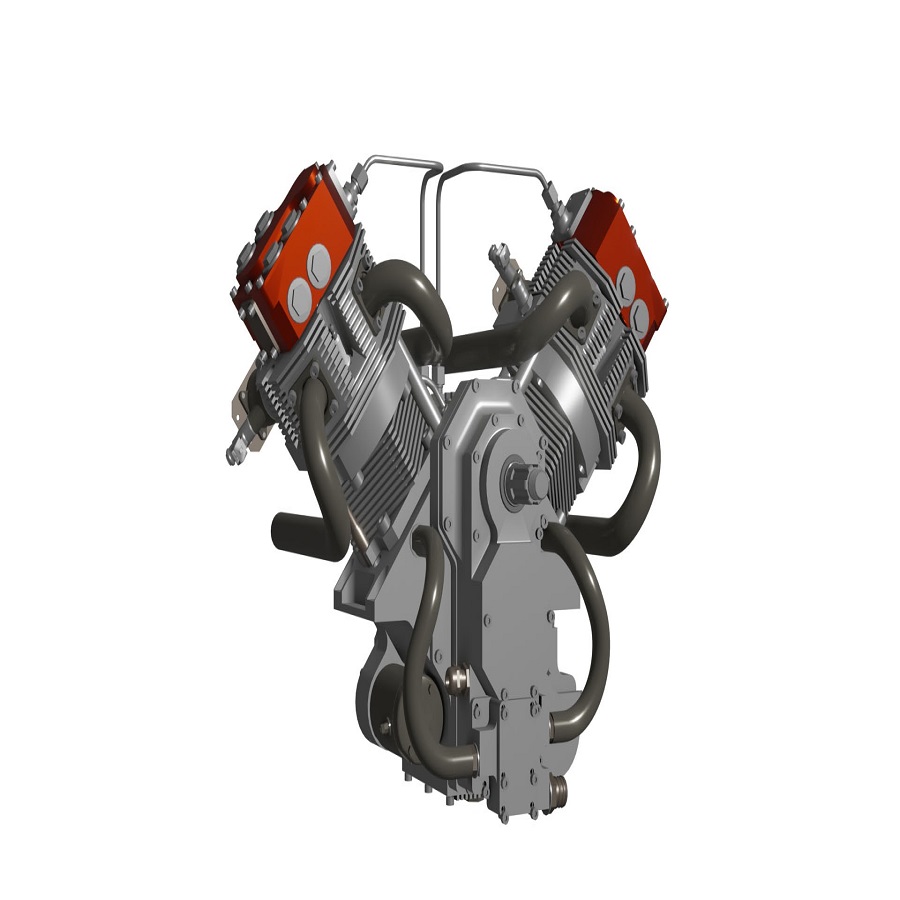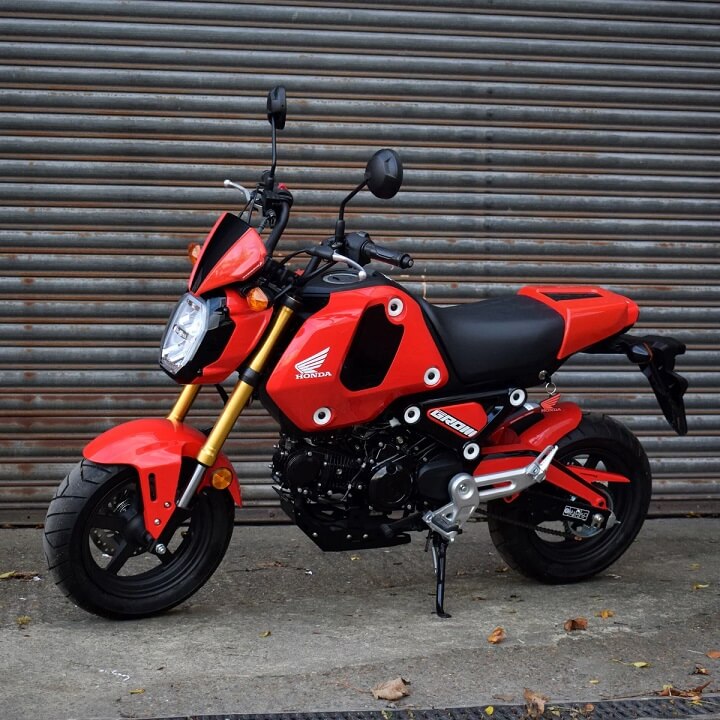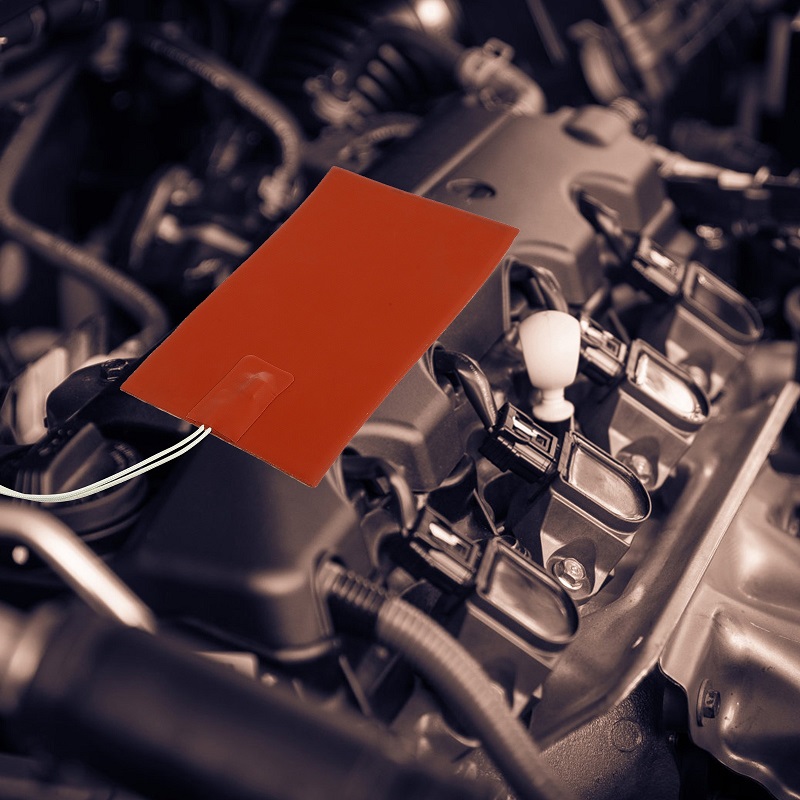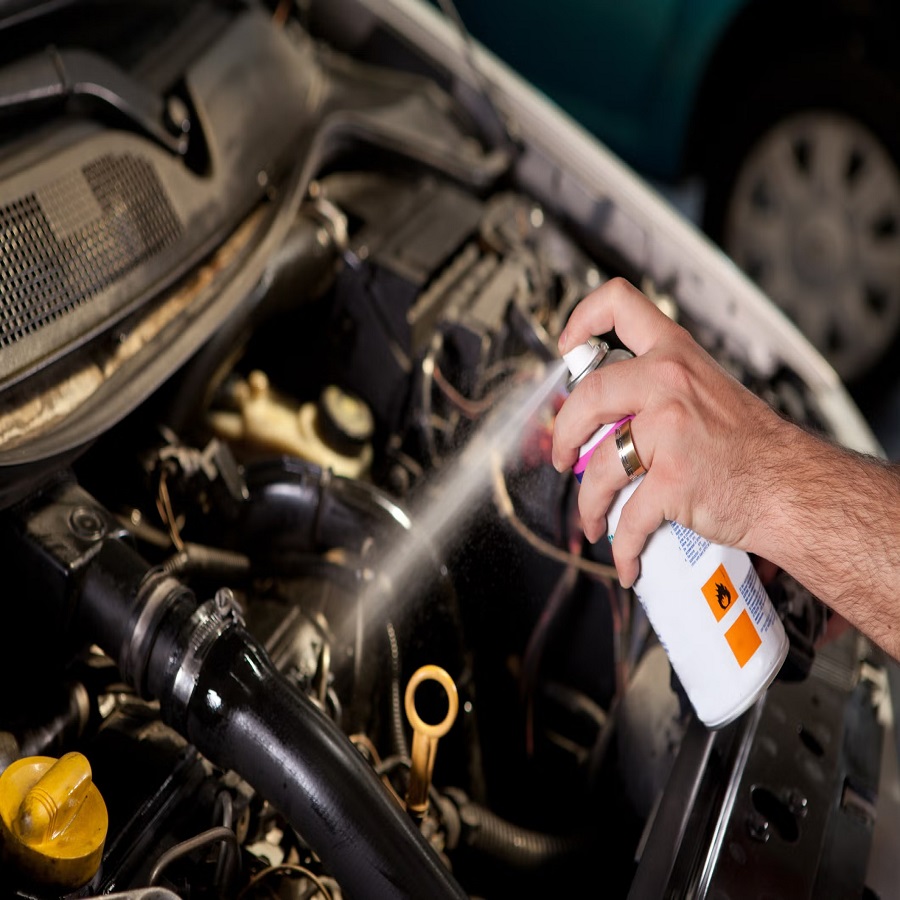V2 Engine Car – Car Engine Suitable For Young People Car
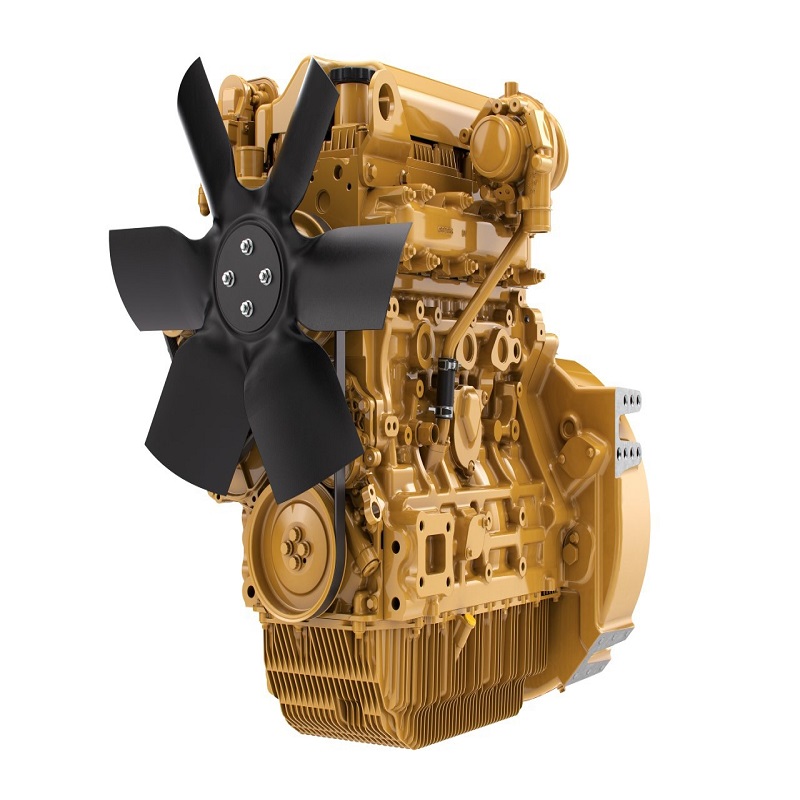
The v2 engine car, also known as a two-cylinder engine, has gained popularity in recent years due to its compact size, efficiency, and affordability. While not as powerful as larger engines like V6 or V8 configurations, V2 engines are often used in small cars, motorcycles, ATVs, and even some innovative electric vehicles. Whether you’re looking for a budget-friendly commuter car, a lightweight vehicle for off-road adventures, or an eco-conscious option, a car equipped with a V2 engine might be the perfect fit. However, choosing the right V2 engine car requires careful consideration of several factors. This guide will walk you through everything you need to know about selecting a V2 engine car that suits your needs.
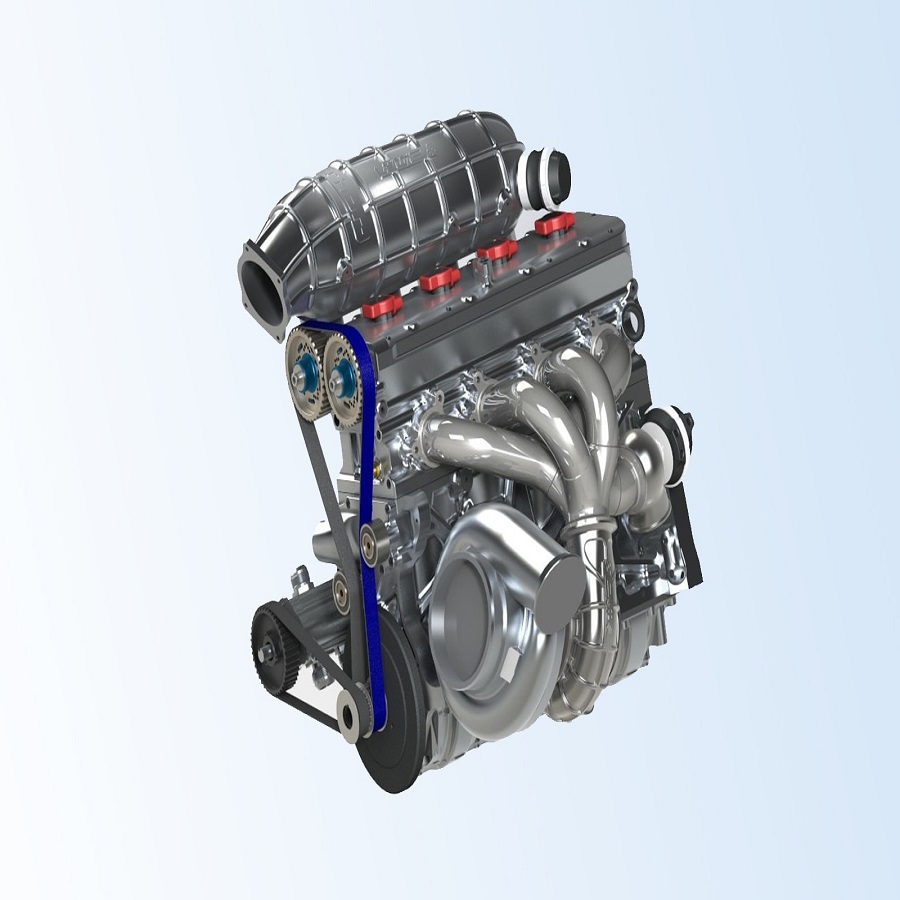
Understanding the V2 Engine
Before diving into the selection process, it’s essential to understand what makes a V2 engine unique and how it compares to other engine types.
What is a V2 Engine?
A V2 engine consists of two cylinders arranged in a “V” configuration. This design allows for a more compact and lightweight engine compared to inline or flat configurations. V2 engines are typically found in smaller vehicles, where space efficiency and fuel economy are prioritized over raw power.
Advantages of V2 Engines
- Compact Size: The V2 engine’s small footprint makes it ideal for vehicles with limited engine bay space.
- Lightweight: Its reduced weight improves handling and fuel efficiency.
- Cost-Effective: Manufacturing and maintenance costs are generally lower than those of larger engines.
- Fuel Efficiency: With fewer cylinders, V2 engines consume less fuel, making them environmentally friendly and economical.
Limitations of V2 Engines
- Limited Power: V2 engines are not designed for high-performance applications and may struggle with heavy loads or steep inclines.
- Noise and Vibration: Due to their small size, V2 engines can produce more noise and vibration compared to larger, smoother-running engines.
- Application-Specific: These engines are best suited for specific use cases, such as city commuting or recreational vehicles.
Understanding these characteristics will help you determine whether a V2 engine car aligns with your requirements.
Identifying Your Needs and Preferences
Choosing the right V2 engine car starts with understanding your personal needs and preferences. Consider the following questions to narrow down your options:
Purpose of Use
- Daily Commuting: If you primarily drive short distances in urban areas, prioritize fuel efficiency, comfort, and ease of parking.
- Off-Roading: For adventurous drivers, look for V2 engine vehicles with all-wheel drive (AWD) capabilities, rugged suspensions, and durable components.
- Recreational Use: If you plan to use the car for leisure activities like weekend getaways or camping trips, focus on cargo space, towing capacity, and reliability.
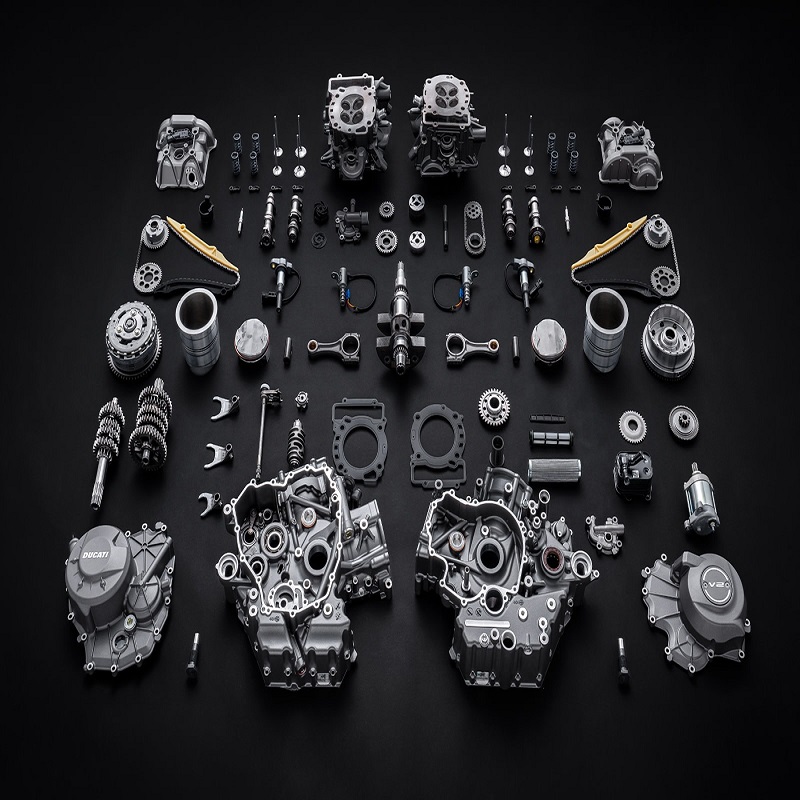
Budget Constraints
Set a realistic budget that includes both the purchase price and ongoing expenses such as insurance, maintenance, and fuel. V2 engine cars are often more affordable upfront, but additional features or modifications may increase costs.
Environmental Concerns
If sustainability is important to you, consider hybrid or electric V2 engine models. These vehicles combine the benefits of a compact engine with reduced emissions and energy consumption.
Key Factors to Consider When Choosing a V2 Engine Car
Once you’ve identified your needs, evaluate potential vehicles based on the following criteria:
Engine Performance
While V2 engines are inherently modest in terms of power output, there are still variations in performance. Look for specifications such as horsepower, torque, and displacement to ensure the engine meets your expectations. For example:
- City Driving: A smaller displacement (e.g., 600cc–1000cc) is sufficient for stop-and-go traffic.
- Rural or Hilly Areas: Opt for slightly higher displacement (e.g., 1000cc–1500cc) if you anticipate frequent uphill climbs.
Fuel Efficiency
One of the standout features of V2 engines is their excellent fuel economy. Compare miles per gallon (MPG) ratings across different models to find the most efficient option. Additionally, check whether the vehicle uses advanced technologies like direct injection or turbocharging to enhance efficiency.
Build Quality and Reliability
Research the manufacturer’s reputation for producing reliable vehicles. Read customer reviews and consult resources like J.D. Power or Consumer Reports to gauge long-term durability. Pay attention to common issues reported by owners of V2 engine cars, such as overheating or excessive vibrations.
Safety Features
Modern vehicles come equipped with a range of safety features, including airbags, anti-lock braking systems (ABS), electronic stability control (ESC), and lane departure warnings. Even in smaller cars, these features can significantly enhance occupant protection.
Advantages of v2 engine car
The automotive industry has seen tremendous advancements in engine technology over the years, with manufacturers constantly striving to balance performance, efficiency, and affordability. One such innovation is the V2 engine car, which features a two-cylinder engine arranged in a “V” configuration. While not as powerful as larger engines like V6 or V8 configurations, V2 engines offer unique advantages that make them an attractive choice for specific drivers and applications.
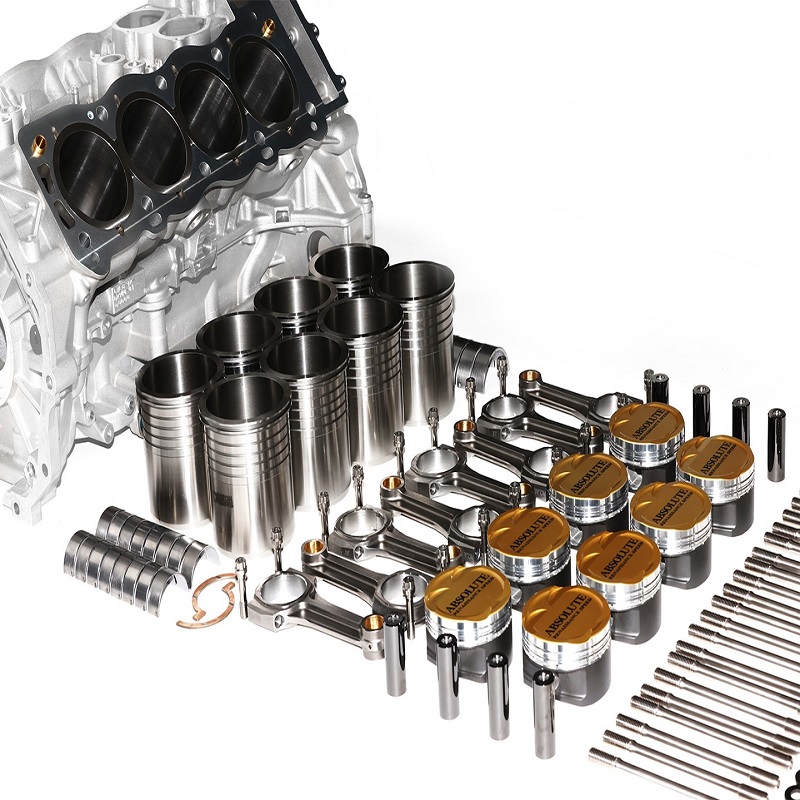
Compact Size and Lightweight Design
One of the most significant advantages of V2 engine cars lies in their compact size and lightweight construction. These characteristics make them ideal for urban environments, recreational use, and even innovative mobility solutions.
Space Efficiency
The V2 engine’s small footprint allows automakers to design vehicles with minimal engine bay requirements. This opens up opportunities for creative vehicle designs, including ultra-compact city cars and three-wheeled microcars. For example:
- Urban Commuters: Drivers navigating crowded city streets benefit from the maneuverability and ease of parking offered by these compact vehicles.
- Recreational Vehicles: Lightweight ATVs and motorcycles powered by V2 engines are easier to transport and store compared to bulkier alternatives.
Improved Handling
The reduced weight of V2 engines contributes to better handling and agility. With less mass to move, the vehicle responds more quickly to steering inputs, making it ideal for tight turns and dynamic driving conditions. This feature is particularly beneficial for off-road enthusiasts who require nimble vehicles capable of navigating challenging terrains.
Exceptional Fuel Efficiency
Fuel economy is a standout advantage of V2 engine cars, making them a top choice for environmentally conscious consumers and those looking to save on fuel costs.
Reduced Fuel Consumption
With only two cylinders, V2 engines consume significantly less fuel than larger engines. This efficiency translates into fewer trips to the gas station and lower operating expenses. For instance:
- City Driving: In stop-and-go traffic, V2 engine cars excel due to their ability to maintain optimal fuel consumption even during frequent starts and stops.
- Long-Distance Travel: On highways, these vehicles achieve impressive mileage ratings, reducing overall travel costs.
Eco-Friendly Operation
Lower fuel consumption directly correlates with reduced carbon emissions. As governments worldwide implement stricter emission regulations, V2 engine cars align perfectly with global efforts to combat climate change. Additionally, many manufacturers are now pairing V2 engines with hybrid or electric systems, further enhancing their environmental credentials.
Cost-Effectiveness
Affordability is another compelling reason to consider a V2 engine car. From the initial purchase price to ongoing maintenance and repair costs, these vehicles offer excellent value for money.
Affordable Purchase Price
V2 engine cars are typically priced lower than their larger-engine counterparts. Their simpler design and fewer components result in reduced manufacturing costs, savings that are passed on to consumers. This makes them accessible to first-time car buyers, students, and individuals on tight budgets.
Low Maintenance Costs
Fewer moving parts mean fewer opportunities for mechanical issues. Routine maintenance tasks such as oil changes, filter replacements, and spark plug inspections are generally quicker and cheaper for V2 engine cars. Furthermore, repairs tend to be less expensive since spare parts are often more affordable and readily available.
